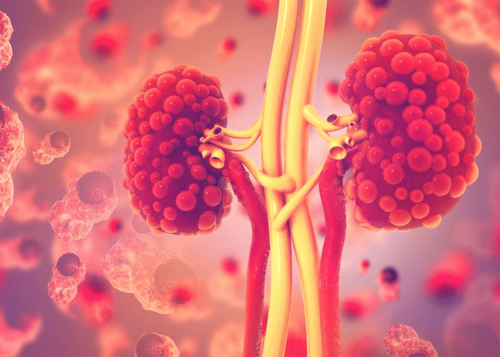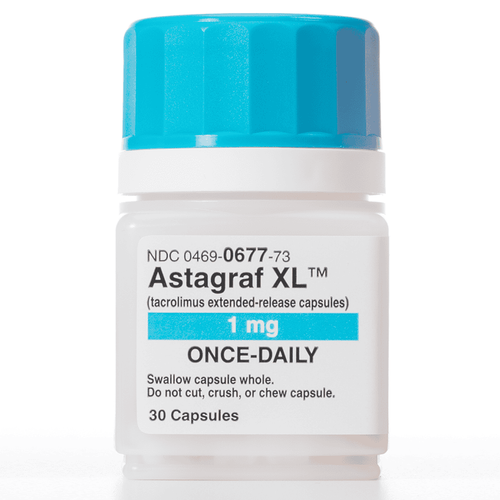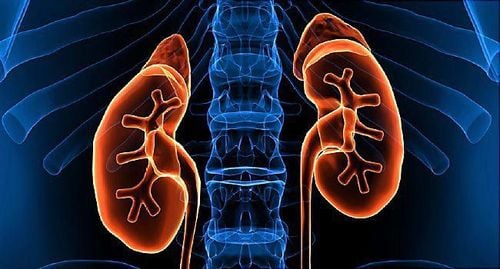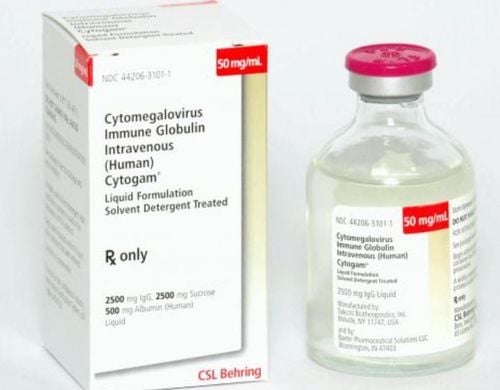This is an automatically translated article.
Inherited childhood cystic kidney disease is an increase in the size of the kidneys, sometimes with progression leading to kidney failure. In addition, the disease also forms cysts limited to the renal medulla or the medullary cortex and eventually causes end-stage renal disease.
1. Hereditary cystic kidney disease and pediatric renal cyst disease
According to statistics, autosomal dominant polycystic kidney disease in children usually has an incidence of 1/1000 and accounts for about 5% of patients with end-stage renal disease. Clinical manifestations usually do not appear before adulthood, but basal appearance is complete.
According to the study, 11 gene mutations have been identified in patients with hereditary childhood cystic kidney disease. Among them, mutations of the NPHP1 gene are the most common, identified in about 30-60% of patients. In contrast, if a child has an inherited recessive kidney cyst, it is very rare, with an incidence of 1 in 10,000. It often causes kidney failure during childhood.
Inherited pediatric cystic kidney disease can form cysts confined to the medulla oblongata or medullary medulla oblongata, along with complications such as tubular atrophy, catabolism of the tubular basement membrane, and interstitial fibrosis. Renal cysts may or may not be present and are the result of tubular dilation.
2. Symptoms of hereditary cystic kidney disease
Inherited pediatric cystic kidney disease is divided into 3 stages of child development:
Infancy, the average age of onset of the disease is 1 year. Adolescent age, mean age of onset at 13 years of age. In adolescence, the mean age of onset is 19 years. Inherited kidney cysts appear when children are still in the age of physical and mental development, so they often cause limitations in height, bone and joint development.
However, many patients develop abnormal growth slowly, lasting for many years without seeing any difference or abnormality until the appearance of uremia syndrome.
Hypertension is sometimes present in hereditary cystic kidney disease. About 10% of children with hereditary cystic kidney disease also have other manifestations such as retinitis pigmentosa, cirrhosis, intellectual disability and other neurological abnormalities.

Thiểu năng trí tuệ là một trong những triệu chứng của bệnh nang thận trẻ em di truyền
3. Diagnosis of hereditary cystic kidney disease in children
Diagnosis is based on family history of polycystic kidney disease. Can diagnose through ultrasound images, computed tomography (CT Scan), MRI, genetic testing when children have the following manifestations:
Having bulimia and polyuria. With progressive renal impairment, not accompanied by symptoms of hypertension. Anemia disproportionate to renal failure. Usually no proteinuria. Definitive diagnosis is based on imaging findings, but cysts often appear in the late stages of the disease. Ultrasound, CT, or MRI may show small or normal kidneys with soft margins, cortical medullary loss of differentiation, and multiple renal cysts in the medullary border. Hydronephrosis is not usually present. Genetic testing was abnormal.
4. Treatment of hereditary pediatric renal cyst disease
Patient support care. If detected early, treatment can include control of hypertension, electrolyte disturbances, acid-base disturbances, and anemia. If the child has growth restriction, nutritional supplements and growth hormone therapy can be used. Ultimately, all patients will progress to chronic kidney disease and require dialysis or a kidney transplant. In summary, hereditary pediatric kidney cyst is a very dangerous disease, affecting the physical and mental development and life of the child. Therefore, children should be examined and treated as soon as they notice any abnormal signs.
Pediatrics department at Vinmec International General Hospital is the address for receiving and examining diseases that infants and young children are susceptible to: viral fever, bacterial fever, otitis media, pneumonia in With a system of facilities, modern medical equipment, sterile space, minimizing the impact as well as the risk of disease spread, Vinmec will bring satisfaction to customers. Products and is highly appreciated by experts in the industry with:
Gathering a team of leading doctors and nurses in Pediatrics: Including leading experts with high professional qualifications (professors, associate professors, doctors). , Master's degree), experienced, worked at big hospitals like Bach Mai, 108... The doctors are well-trained, professional, have a heart - reach, understand young psychology. In addition to domestic pediatric specialists, the Department of Pediatrics also has the participation of foreign experts (Japan, Singapore, Australia, USA) who are always pioneers in applying the latest and most effective treatment regimens. . Comprehensive services: In the field of Pediatrics, Vinmec provides a series of continuous medical examination and treatment services from Newborn to Pediatric and Vaccine,... according to international standards to help parents take care of their baby's health from birth to childhood. Advanced techniques: Vinmec has successfully deployed many specialized techniques to make the treatment of difficult diseases in pediatrics more effective: neurosurgery - skull, stem cell transplant blood in cancer treatment. Professional care: In addition to understanding children's psychology, Vinmec also pays special attention to the children's play space, helping them to play comfortably and get used to the hospital's environment, cooperate in treatment, improve the efficiency of medical treatment.
Please dial HOTLINE for more information or register for an appointment HERE. Download MyVinmec app to make appointments faster and to manage your bookings easily.













